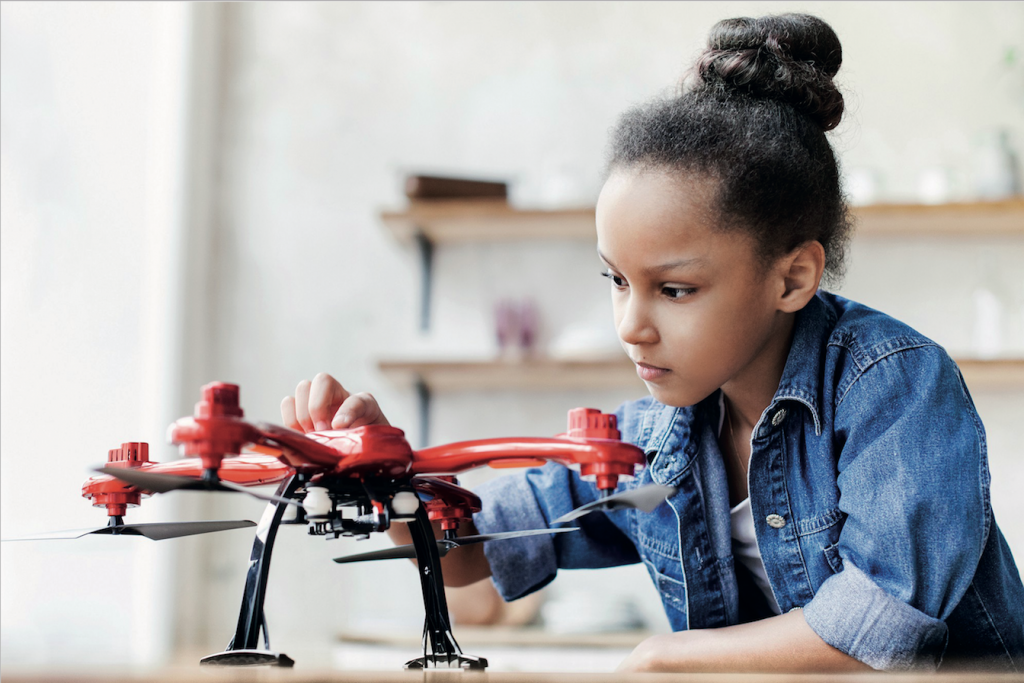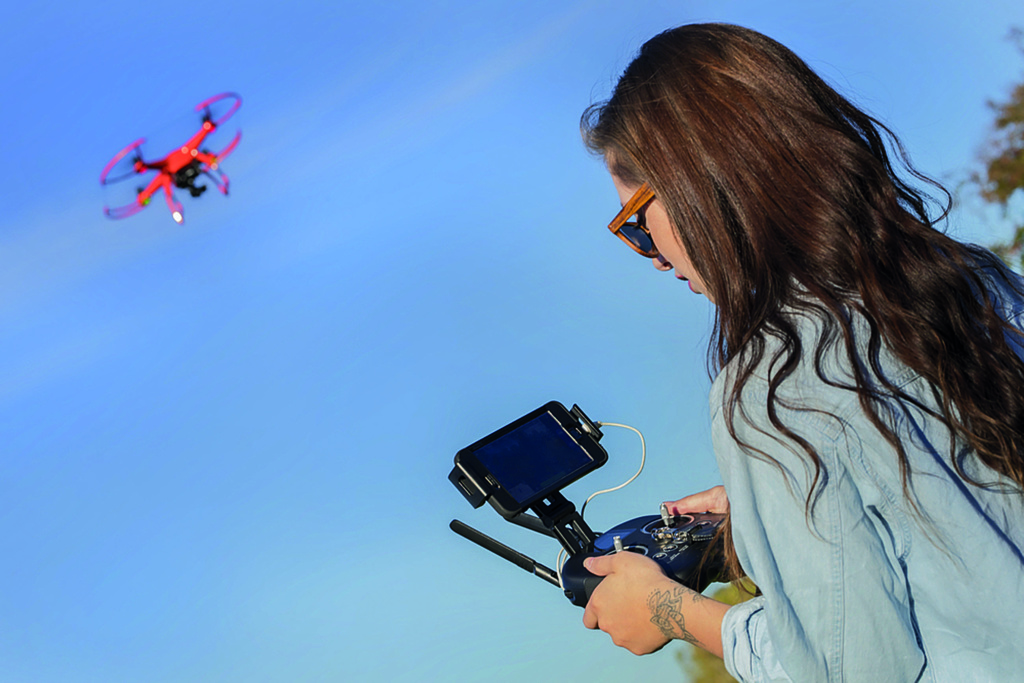
All the Science, Maths and Technology teachers at Burgess Hill Girls believe that science is much more than a subject to be studied in the classroom.
We’re all passionate about creating opportunities which develop students’ understanding and enthusiasm about real-world science.
As well as incorporating many STEM clubs, visits, activities and experiences into our pupils’ learning, we encourage them to enter competitions and simply ‘have a go’! Any task—particularly ones which may at first appear daunting—can develop into an exciting and rewarding experience when the students work together in teams. It’s amazing how, with just a little initial guidance from a teacher, the students can take ownership and organise themselves autonomously.
Before I went into teaching, I worked as a medical physicist in multi-disciplinary teams in the NHS, providing a clinical service in research, diagnosis and treatment of patients, and supporting the use of specialised equipment in nuclear medicine and radiotherapy. I have been lucky enough to experience first-hand how school lessons on cells, Ohm’s Law and gamma radiation can develop into working on a state-of-the-art linear accelerator to treat cancer.
I’m also fortunate in liaising with a range of talented scientists through the Institute of Physics where I’m a committee member of the Women in Physics Group. Science was a demanding subject for me when I was at school—it wasn’t easy, but the more I persevered, the more intriguing and gripping it became. No one knows what can grow from small things! This is what we want to pass on to our students.
As well as developing our own STEM activities, we are incredibly fortunate in having the support of STEM Sussex, the outreach department at the University of Brighton. They work in partnership with employers and schools to enthuse and inspire young people about STEM, and provide countless opportunities and resources for schools, colleges and individuals.
Recently, our school participated in an international competition organised by the British International Education Association and STEM Sussex that asked students to create an international rescue drone that could respond to a potential disaster situation of their choice.
